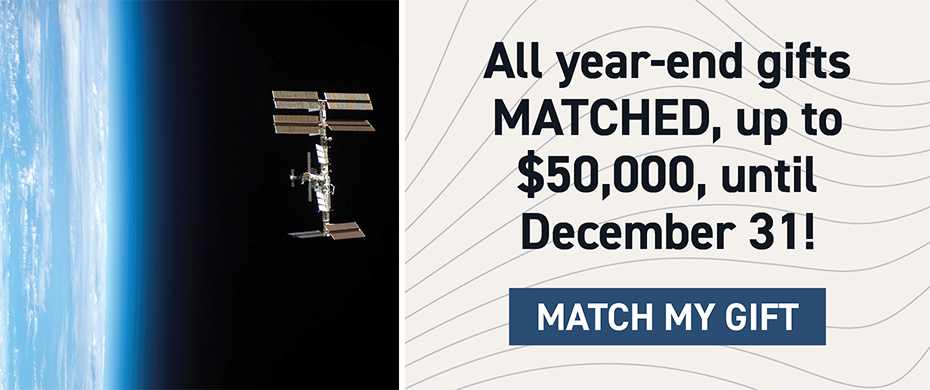All Stories
Showing 411 - 420 of 627
At the Museum we’re fortunate to host many of the nation’s aerospace icons. This was certainly the case earlier this year when Gemini 10 and Apollo 11 astronaut Michael Collins was on hand for our 2016 John H. Glenn Lecture, Spaceflight: Then, Now, Next.
Long before your laptop computer and the computers that took us to the Moon, there was another type of computer. In the early 20th century, women who made calculations and reduced astronomical data were known as “computers.” The hours were long and the pay was minimal. Their calculations, however, laid important groundwork for future astronomers and led to some of the most important astronomical discoveries.
Ever wondered how we move objects, what's not on display that we'd like to exhibit, or what rocks from the Moon feel like? #AskACurator Day on Twitter is your chance to get those burning questions answered about aviation, spaceflight, planetary science and more. Here is a selection of questions and answers that we will update throughout the day on September 14, 2016.
The Museum periodically performs a thorough, physical check of all our objects. We open panels and cases and closely inspect each object for any sign of deterioration due to light, humidity, vibration, or just the march of time. We always hope there are no surprises. But when conservator Robin O’Hern, gallery inventory coordinator Erin Ober, and their colleagues opened a large chamber in the Apollo to the Moon gallery, they got a shock; an acrid chemical smell.
It’s the little things we take for granted here on Earth; things like being able to lie down on a bed and not have it float away, or wake up without suffocating on our own exhaled carbon dioxide. While interning at the Museum, I’ve spent time researching several of those things we take for granted but astronauts in space cannot.
Guion Bluford made history on August 30, 1983 when he became the first African American in space, launching into low Earth orbit aboard the Space Shuttle Challenger. He subsequently flew aboard three additional shuttle missions, logging a total of 688 hours in space.
One of the joys of working with an archive is unearthing the unexpected. When an avowed space nerd like me gets the opportunity to spend time in archives as impressive as the Smithsonian, my journey down research road was a bit circuitous. More often than not, I was lured away from my original focus by fascinating finds. Here are a few of my favorites.
Want to know what colors are on the 3-meter (11-foot) Star Trek starship Enterprise studio model? Read more to find the colorimeter readings for the colors we uncovered during our sanding tests and other conservation work on the model.
Harrison “Jack” Schmitt was the first and last geologist to visit the Moon. Below is his secret chili recipe, served best with a side of tortilla chips and some space history. We can’t help with the chips, but we can tell you a little about this chili-making astronaut.
Many are familiar with images of Neil Armstrong and Buzz Aldrin standing beside the Lunar Module (LM) Eagle during the historic Apollo 11 Moon landing. The story of how the LM was developed and tested is a little less familiar. Here are six highlights from a recent talk.
